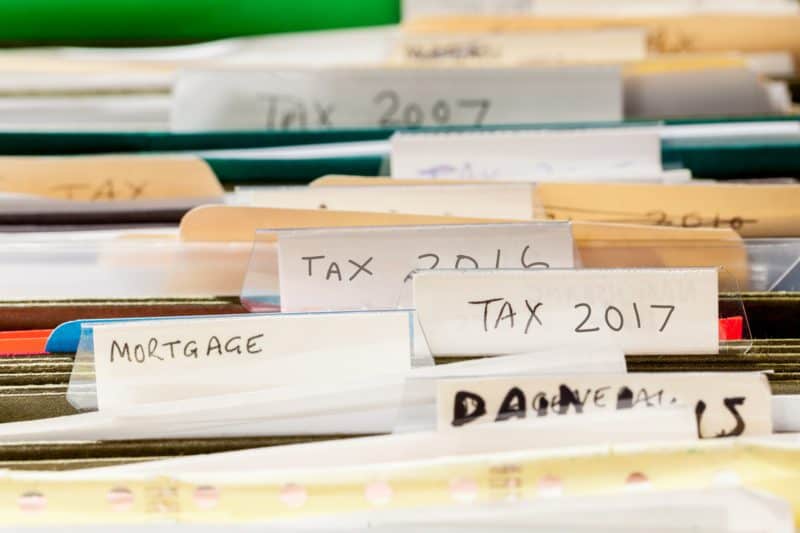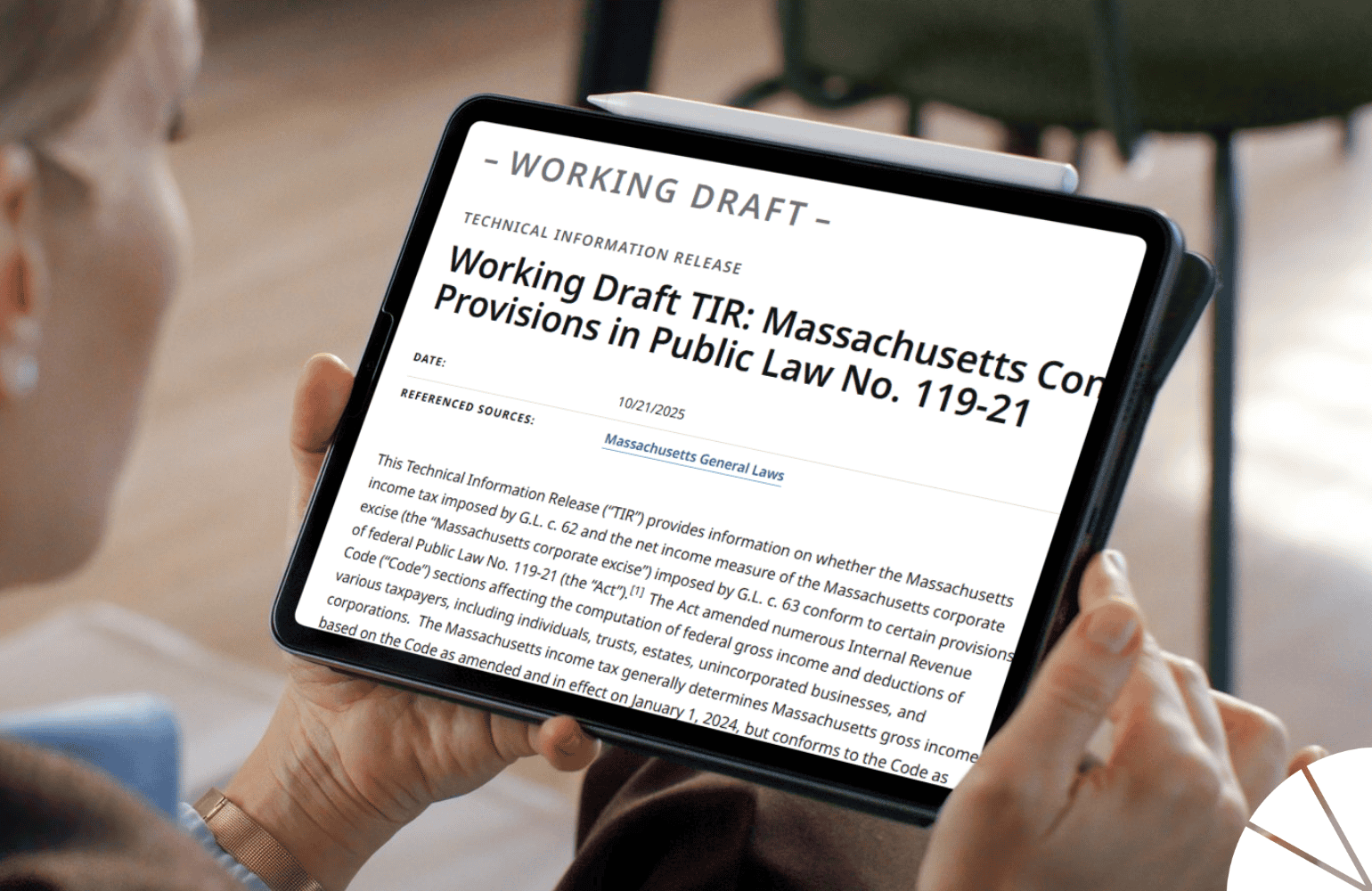
How long should you keep your tax records and what do you need to keep? This is a common question for many individuals. While many tax records can be discarded after 6-7 years, some documents should be kept forever including: tax basis of investments, life Insurance policies, major improvements to home, birth and death records, wills, trusts, alimony & custody agreements, military papers and W-2s. Additionally, you should save records of nondeductible contributions you have made to an IRA or Roth IRA.
Each year, you must keep good records all year-long in preparation of filing your taxes. Maintaining good records throughout the year ensures greater accuracy when you file and that you will have the documentation you may need to provide in the future.
You may have heard the IRS has up to three years to assess additional taxes. That’s also the time limit for you to file an amended return. However, it can take up to six years to make a tax assessment if the IRS determines that you omitted a substantial amount of income from your return. Therefore, we agree with most experts, that you should keep all federal and state income tax returns along with supporting documents for 7-years, including medical receipts, 401K/Keogh statements, loan records, annuity statements, nonlife insurance policies, major purchase receipts, K-1s, CD statements, brokerage statements and trade confirms.
Whether you file through the mail or e-file, be sure to save the confirmation or receipt that your return has been sent and accepted and file it with your tax documents from that year. You can avoid penalties if your return is lost or misplaced by providing proof that the return was timely filed.
Maintaining complete and accurate records is the best way to prepare for a potential surprise inquiry from the IRS. If you have questions about your personal records, what you should retain, and how to store them, give Steve Gallant a call today to discuss your unique situation.
Written by Steve Gallant





